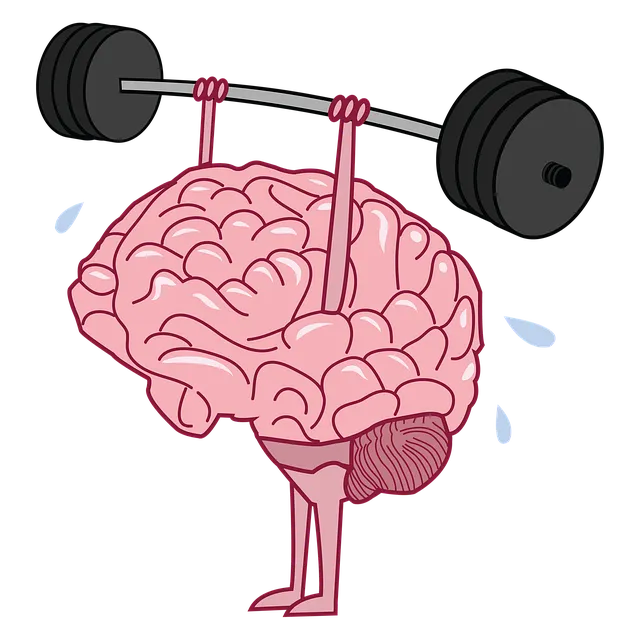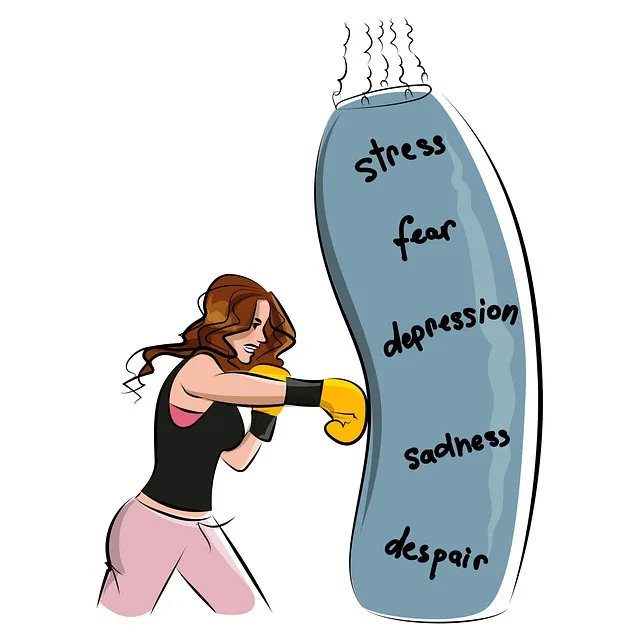The stigma surrounding mental illness prevents many from seeking help, such as using the Kaiser Permanente behavioral health phone number Englewood. This societal stigma leads to suffering in silence due to fear of judgment and embarrassment. Educational initiatives like those offered by Kaiser Permanente behavioral health aim to reduce stigma through community outreach, mental health programs, and podcasts. By promoting understanding and compassion, these efforts encourage individuals to access necessary support without hesitation.
Mental illness stigma remains a significant barrier to accessing treatment, often keeping individuals from seeking much-needed support. This article explores targeted efforts to reduce this pervasive societal issue. We delve into three key initiatives: understanding the root causes of stigma, utilizing community resources like the Kaiser Permanente Englewood’s behavioral health phone number, and fostering education to dispel common mental health misconceptions. By examining these strategies, we aim to illuminate paths towards a more accepting society.
- Understanding Stigma: A Barrier to Treatment Access
- Kaiser Permanente Englewood's Phone Line: A Supportive Resource
- Community Education: Shattering Misconceptions About Mental Health
Understanding Stigma: A Barrier to Treatment Access

Stigma surrounding mental illness remains a significant barrier to accessing treatment and support, often leading individuals to suffer in silence. This societal stigma can manifest as fear, prejudice, or discrimination, making it challenging for people to openly discuss their struggles and seek professional help. Many individuals affected by mental health issues might feel ashamed or embarrassed, believing that seeking assistance is a sign of weakness or personal failure. Such beliefs can be deeply ingrained, especially when unaddressed, leading to avoidance of critical care.
For instance, those in need might hesitate to contact resources like the Kaiser Permanente behavioral health phone number Englewood, fearing judgment or stereotypes. This reluctance highlights the pressing need for stigma reduction efforts that promote understanding and empathy. Coping Skills Development, Cultural Sensitivity in Mental Healthcare Practice, and Social Skills Training are essential tools in breaking down these barriers. By educating communities and healthcare providers, we can foster an environment where mental health issues are met with compassion rather than prejudice, ultimately encouraging more people to seek much-needed support.
Kaiser Permanente Englewood's Phone Line: A Supportive Resource

Kaiser Permanente Englewood’s dedicated phone line offers a supportive resource for individuals navigating mental health challenges. This initiative is part of their broader efforts in Kaiser Permanente behavioral health services, designed to provide easy access to professional guidance and support. The phone line connects callers with trained professionals who offer mental wellness coaching programs development tailored to individual needs, ensuring confidentiality and non-judgmental support.
In addition to this vital service, Kaiser Permanente Englewood fosters mental health awareness through innovative mental health education programs design. These programs aim to destigmatize mental illness and empower individuals to take charge of their well-being. Furthermore, they have launched a mental wellness podcast series production to reach wider audiences with practical tips, expert insights, and inspiring stories related to mental health and mental wellness coaching.
Community Education: Shattering Misconceptions About Mental Health

In efforts to reduce stigma surrounding mental illness, community education plays a pivotal role by dispelling misconceptions and fostering understanding. Organizations like Kaiser Permanente behavioral health phone number Englewood have been at the forefront of these initiatives, offering valuable resources and insights into mental wellness. Through workshops, awareness campaigns, and accessible programs, they aim to educate communities about various aspects of mental health, including common conditions, symptoms, and available support systems. By promoting open conversations, these efforts break down barriers and encourage individuals to seek help without fear of judgment.
Community engagement equips residents with the knowledge to recognize signs of struggle in themselves or others, fostering a culture of compassion and support. Incorporating practices like compassion cultivation and inner strength development, these educational programs empower people to navigate mental health challenges more effectively. By addressing misconceptions head-on, community education paves the way for improved access to care, ensuring that those facing mental illness receive the necessary support and treatment they deserve.
Mental illness stigma reduction is a multifaceted approach, as demonstrated by initiatives like Kaiser Permanente Englewood’s behavioral health phone line and community education programs. By providing accessible resources and dispelling misconceptions, these efforts foster a more supportive environment for those seeking treatment. The Kaiser Permanente behavioral health phone number Englewood serves as a vital link, offering immediate assistance and guidance, while community education breaks down barriers by promoting understanding and empathy. Through these combined strategies, we can work towards a society where mental health is treated with the same compassion and care as physical health.






